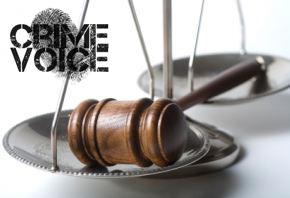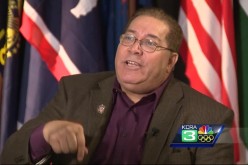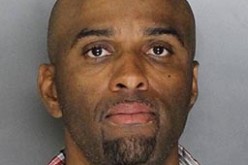Bill aiming to restrict journalists' access shot down
SACRAMENTO — A California Assembly bill that would have reduced reporters’ ability to access victim information failed 4-2 during a legislative committee hearing Tuesday morning.
If passed, AB 1682 would have given public agencies the option of restricting a journalist’s access to a victim’s identity and address on a police report, unless it was where the crime occurred. Under current law, the victim’s name and address are released if the request is made by those needing it for journalistic or scholarly purposes.

Paul Curry, author of public information legislation passed in 1995, was a critic of the bill. “The public pays for law enforcement services and, as such, they are the employers of the police in our communities,” he said. “Enacting this measure is like preventing your boss from viewing or reviewing your work product.”
A spokesperson for bill author Assemblywoman Norma Torres said the reason behind AB 1682 was to protect victims from possible retaliation.
Lt. Wayne Bilowit of the Los Angeles Sheriff’s Office expressed disappointment over the bill’s failure.
“We are tired of reacting to things after a victim is hurt or killed; we wanted to get in front of this,” he said.
Bilowit also said he’s concerned because there is a gap in the law that did not exist in 1995.
“There is an opportunity for not legitimate journalists like bloggers to obtain victim information,” he said.
Tom Newton, general counsel for the California Newspaper Publishers Association, disagreed.
“I don’t think they (law enforcement agencies) are qualified to judge who is a journalist or not,” he said.
Curry, who spent 33 years as a lieutenant with the San Bernardino County Sheriff’s Department, said there has been no evidence to support the idea that journalists have misused information to jeopardize victims’ safety.
“(Public agencies) do not like the fact people make public records requests and agencies are bound by law to provide the information in a reasonable amount of time,” he said.
Newton believes the bill would have had a huge negative impact on public safety.
“The inability for the public to have information needed to protect them will create more victims because they won’t have any idea there are dangerous people lurking in their community,” he said.
Critics were also opposed to the bill because it would have prevented investigative stories on law enforcement practices.
“If you don’t have information available for media outlets, there is no way to hold the agencies accountable for level of service or manner of delivering service,” Curry added.
AB 1682 would also have allowed the individual boards of supervisors or city councils to give their sheriffs the authority to develop a policy to protect confidential personal information about victims contained in police reports.
The current California Public Records Act requires state and local law enforcement agencies to provide the address of every individual arrested by the agency and the current address of the victim of the crime if the request is made for scholarly, journalistic, political or governmental purpose.















